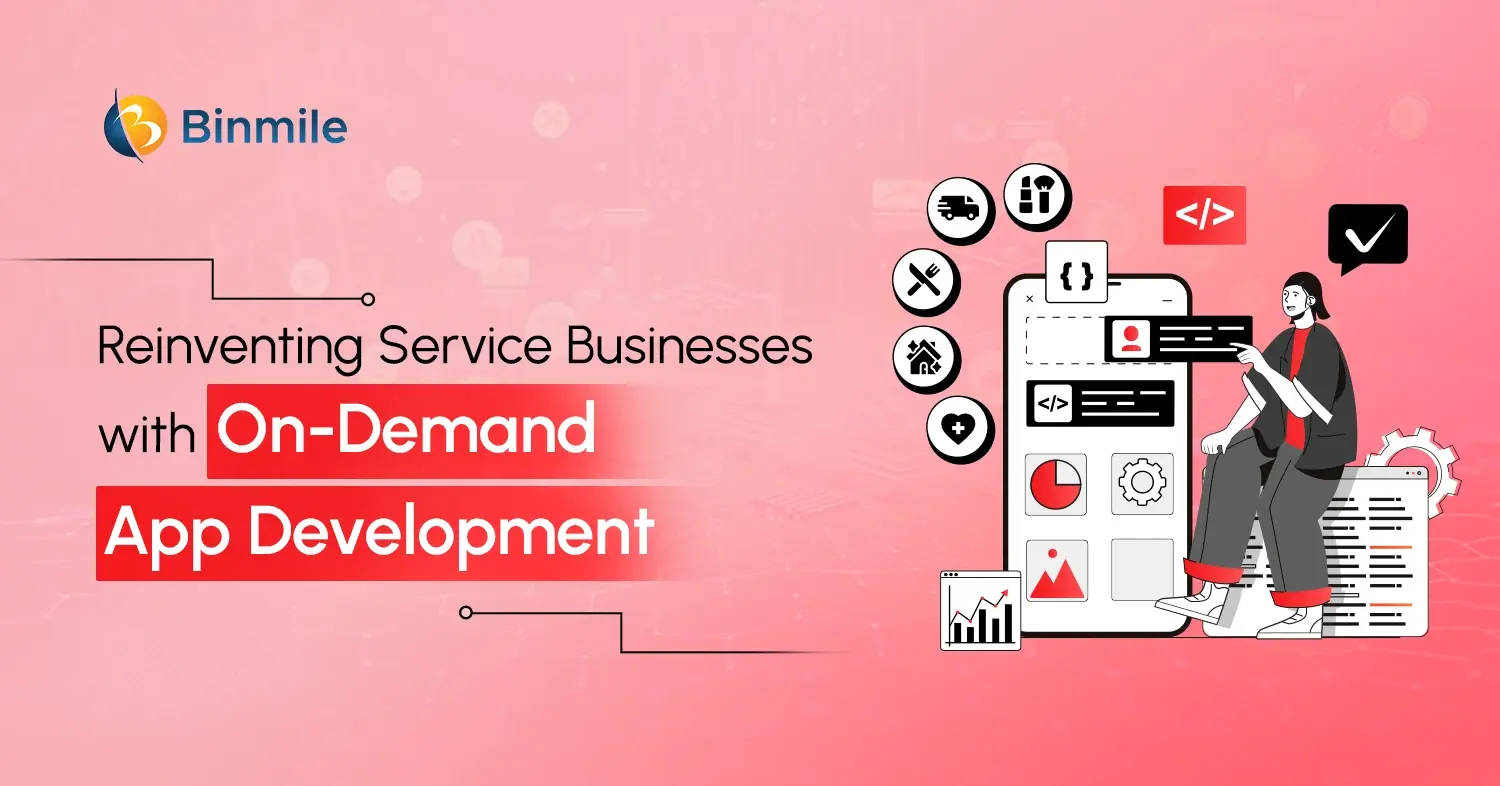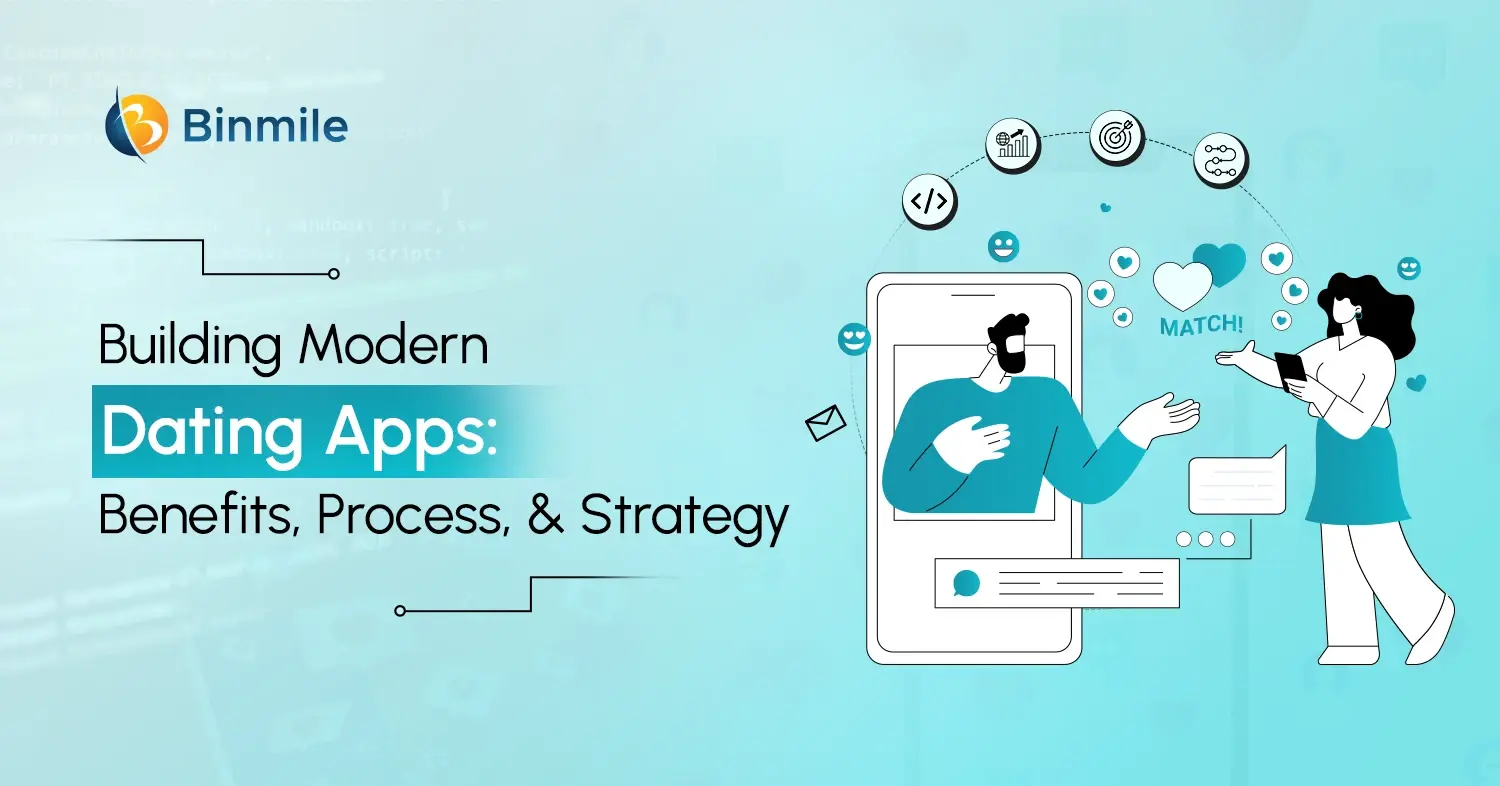- build app like instacart
- build grocey delivery app like instacart
- cost to build a grocery app like Instacart
- Cost to Build an App Like Instacart
- grocey delivery app like instacart
- groecry delivery app
- how to create an App Like Instacart in USA
- on-demand grocery delivery apps
- popular grocery delivery app
- revenue model of grocery delivery app
- revenue model of instacrt app
Rapid digitalization has made online shopping convenient for customers. These custom mobile apps are changing the face of many businesses and helping them connect with customers, offer more personalized services, and boost growth. Grocery delivery apps are no different, especially when it’s apps such as Instacart. These grocery apps have increased this convenience by offering on-demand grocery delivery services. Since it was founded in 2012, Instacart has become an essential service for millions of families in the US and Canada. It is presently the third-largest grocery app delivery with a 21.6% market share. In 2024, Instacart was the most downloaded mobile application for grocery delivery in the United States, with over six million downloads.
So, if you’re wondering how to create an App Like Instacart in the USA, this blog post is for you. We’ll delve into a seven-step guide that will help you develop a robust and user-friendly grocery delivery app. From top features to app development cost and even how Instacart makes money, we will cover every aspect of the development, testing, and deployment process, empowering you to create a solution that can rival the industry leaders in this grocery delivery domain.
The Ultimate Blueprint for Developing an App Like Instacart in USA: Key Insights
The grocery delivery giant Instacart was launched in 2012 and has been one of the most popular grocery delivery services in North America. It had over 14 million active users in 2023. Although the platform doesn’t own any of the stores it serves, instead, it partners with local and national retailers to provide a convenient grocery delivery solution.
Building a grocery app that can compete with industry giants such as Instacart, Amazon, or Walmart Plus needs more than just understanding the technology. You also need to get these app’s business models and identify key areas where you can provide a better user experience, which our Instacart clone app development will help you get. So, here are the essential steps to building an App Like Instacart in the USA:

1 Analyze Instacart’s Business Model
To build a grocery app business model like Instacart, you need to study its unique value propositions, such as partnerships with local grocery stores, flexible delivery options, and subscription services (like Instacart). Identify how these elements contribute to customer satisfaction and market success. This will help you understand how you can differentiate your app while still incorporating effective strategies of this popular grocery delivery app.
2 Build a Robust Grocery Retailer Network
Instacart’s success has been primarily driven by its ability to partner with a wide range of grocery retailers, from small local stores to major retail chains. Establish these partnerships early on, right after you’re done with market research and segmenting targeted audiences. It’ll be critical for giving your customers access to a diverse product selection. In addition, using advanced algorithms for optimized routing, inventory management, and last-mile delivery can ensure fast and accurate order completion.
3 Establish the Technical Foundation
Instacart runs on React Native, which allows it to develop for both iOS and Android platforms efficiently. So, leverage these popular technologies for your app development operations:
- Frontend: React Native or Flutter for cross-platform development, or native development using Swift (iOS) and Kotlin (Android).
- Backend: Node.js, Ruby on Rails, or Python with Django.
- Database: PostgreSQL or MongoDB for storing user data and product information.
- Hosting: AWS, Google Cloud, or Azure for reliable hosting and scalability.
Moreover, utilize the progressive web app (PWA) version of your app to offer offline functionality as well as an app-like experience on websites to your users.
4 Develop a Seamless User Interface
A well-crafted, intuitive, and adaptive UI/UX design can be the make-or-break element while you build an app like Instacart in the USA. Emphasize a smooth and intuitive UI/UX that resembles Instacart’s design, making it easy for users to navigate. Therefore, creating a user-centric, intuitive, and visually pleasing application with features like real-time order tracking, customizable shopping lists, and easy payment processing. Especially when enhancing user experience, user engagement and retention have been top priorities for the grocery delivery app giant.
5 Integrate APIs for Essential Services
To enhance your app’s functionality and user experience, consider integrating with third-party services. This includes payment gateways like Stripe or PayPal for secure transactions, mapping services like Google Maps for accurate location-based features, and SMS/email services for notifications and promotions. When you leverage these integrations, you not only streamline operations and enhance functionality but also optimize user experiences and convenience.
6 Rigorous Testing and Quality Assurance
Thorough testing is crucial to ensure that not only your app functions flawlessly but also guarantees that your mobile app will perform as expected in various conditions. So, conduct various QA testing services, such as unit testing, integration testing, user acceptance, and more, to gather feedback from real users. This helps you save time and money and improve the user experience by finding and fixing bugs earlier in the development cycle, thus delivering a high-quality app that meets user expectations.
7 Implement Comprehensive Security Measures
Security is paramount in today’s digital age; therefore, protect your users’ data and your app’s integrity by implementing robust security measures. This includes secure authentication protocols, data encryption, regular security audits, and adherence to industry best practices. By prioritizing security, you can build trust with your users and safeguard your app’s reputation.
Moreover, don’t stop your post-deployment monitoring and tracking of the performance of your grocery delivery app. So actively seek user feedback through surveys or in-app reviews to make continuous improvements, focusing on core functionality like delivery efficiency, app usability, and customer support. Doing regular updates or iterations not only helps you add new features and refine existing ones but also keeps up with user expectations.
Want to Launch a Grocery Delivery App Like Instacart? Our Custom Mobile Solutions Will Bring Your Idea to Life—Start Now!

Revenue Models for Apps Like Instacart in the USA
- Commission Fees: It charges the commission fee from partner grocery stores on each order processed through its platform. It’s typically a percentage of the total order value.
- Delivery Fees: These are fees for every order created by the customers, which vary based on factors like distance, order size, and time of day.
- Membership Fees: The grocery delivery app offers a subscription service, “Instacart+,” which is a quick commerce app service to provides members with benefits like free delivery on orders over a certain amount, reduced service fees, faster delivery, and exclusive deals. Members pay a monthly or annual fee.
Also Read: Popular On-demand Service App Ideas
Key Features to Include When Building an App like Instacart: What You Need to Know
Building a great mobile application is more than just combining great design with functionality. To develop apps like Instacart, especially in the q-commerce landscape where timing is everything, you need to have certain features that not only enhance the user’s grocery shopping experience but also help your riders have a smooth experience while delivering orders. So, we’re listing out a few of the features of grocery apps like Instacart:

- An easy login process is a must for all the apps, so allow your users to log in with Facebook, Google, or Twitter accounts to get into your grocery app.
- Instacart partners with a variety of grocery stores, offering a vast selection of products, including fresh produce, meat, dairy, and household items.
- Customers can track their order’s progress in real-time, from the moment it’s placed to the moment it’s delivered.
- Let customers opt for contactless delivery, minimizing physical contact with the delivery person.
- Offer a hassle-free return and refund policy for unsatisfactory products.
- Customers can schedule deliveries in advance, ensuring they receive their groceries at a convenient time.
- Let both delivery agents and customers connect anytime they need to.
Business Portals Needed For Grocery Delivery Business
There are several portals or internal apps are needed to make the business operations exemplary. The features that needed to be in these portals or apps are also listed below:
Admin App: To be used by the Operations Management Teams
- Custom Dashboard
- Store Management
- Assigning Store Managers
- Listings Management
- Assigning Orders & Managing Drivers
- Order Tracking & Delivery Dashboard
- User Profile Management
- Reporting & Analytics
- Managing Notifications
- Feedback Management
- Offer Management
- Payment Management
Customer App: To be used by Customers
- Order Placement
- Personalization
- Push Notifications
- Delivery Scheduling
- Multiple Payment Options
- Search Filters
- Order Tracking
- Repeat Order
- Modern User Interface
- Feedback and Ratings
- Help and Support
Last Mile App: To be used by the Delivery Team
- Push Notifications
- Delivery Instructions
- In-App Chat
- Delivery Tracking
- Earnings Overview
- Customer Contact
- Order Details
- GPS Navigation
- Help and Support
Fulfilment Center Portal: To be used by the Store/ Warehouse Managers
- Customer Support
- Logistics Integration
- Secure Payment Options
- Inventory Management
- Store Locator
Also Read: Blinkit vs Zepto vs Swiggy Instamart: Q-Commerce Business Model
How Much Does It Cost to Build an App Like Instacart
The cost to build a grocery app like Instacart is similar to any q-commerce app development cost that involves navigating various cost-related hurdles. Factors such as mobile app type, complexities of features, and even UI/UX design intricacies have a lot of say in defining your app development cost. On average, Q-Commerce app development costs can be anywhere from $50,000 to $3,00,000 or more for one platform (iOS or Android). Notably, the more platforms and features you add, the higher the development cost.
Need a High-Performance Android App Without Breaking Banks? Let Our Skilled Developers Build You a Cutting-Edge Android Grocery Delivery App.

Summing It Up
The demand for grocery delivery apps will continue to grow with the convenience and enhanced buying experience it brings to customers. Even though there are multiple grocery apps like Instacart, you can still build a viable business with the right tools and team. These on-demand grocery delivery apps are not only getting groceries online in just a few minutes to the customers but also making it easier for businesses to bring in new customers and widespread at affordable rates.
Hopefully, this grocery app development guide has given an in-depth insight into how to build apps like Instacart with enhanced features, a smoother user experience, and top-quality custom mobile solutions that outperform the market leaders. So, roll up your sleeves and embark on this exciting journey to revolutionize the grocery shopping experience.









